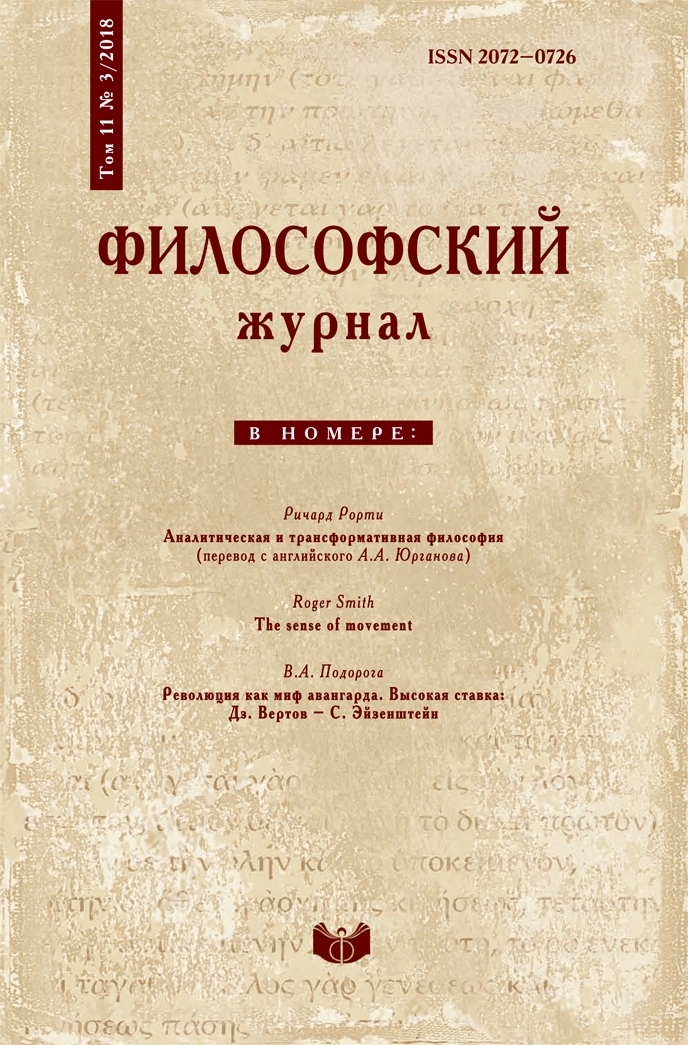Does the methodological isomorphism between natural and social sciences exist?
DOI:
https://doi.org/10.21146/2072-0726-2018-11-3-150-165Keywords:
methodology, natural sciences, social sciences, meaning, self-developing systems, human-dimensional systems, ideal objects of science, ideal types, human life-worldAbstract
The subject of the panel discussion here reported concerned the problem: to what extent can one rely on scientific methods in the study of social and cultural reality? Have these methods proven themselves to be universal and equally valid in the study of both natural and socio-cultural phenomena? Does the transition to the study of self-developing systems under post-non-classical rationality transcend the highly specified character of social and cultural objects as meaningful in their essence? What are the limits (if any) of methodological convergence between natural and social sciences? What social and ethical limitations does the study of human-dimensional systems imply? The discussion attempted to answer these and other questions.






